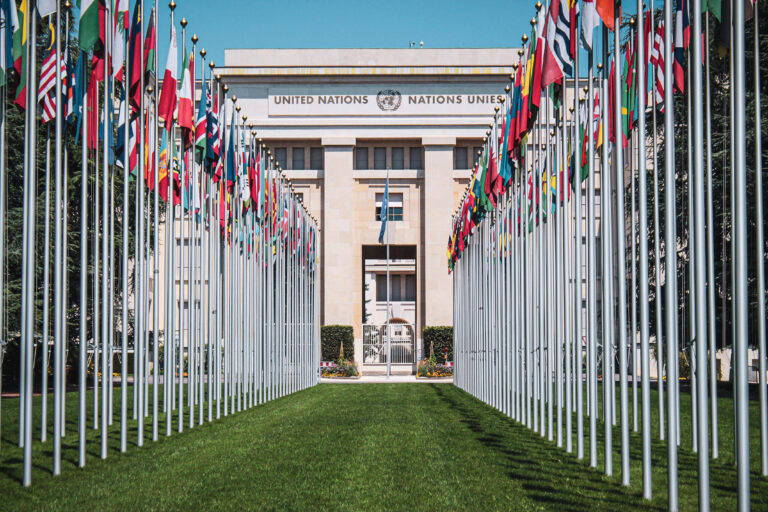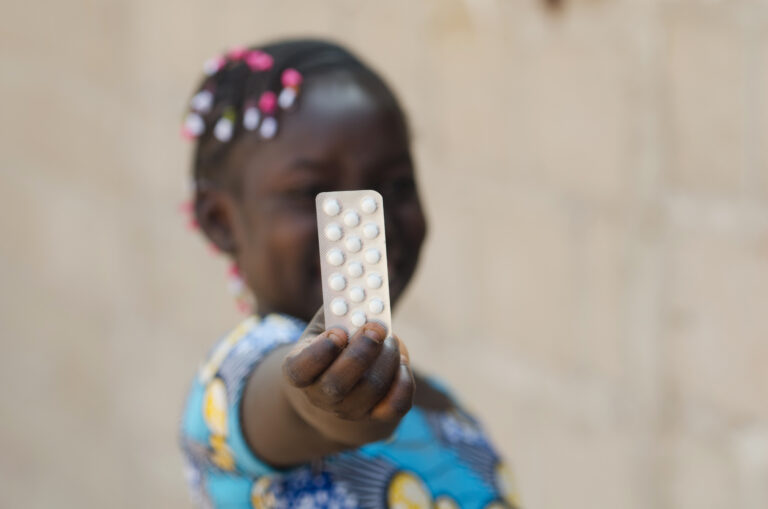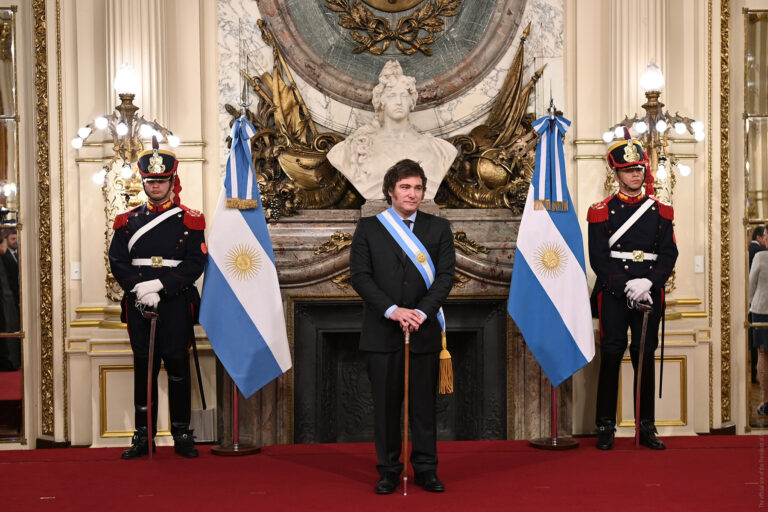November 23, 1999
Volume 1/ Number 24
Dear Friend and Colleague:
PRI’s International Conference, Human Rights in China: 50 Years Later, attracted the attention of the international community, and national and international media, to the plight of the persecuted Falun Gong, as well as to Christians, minorities and families under siege by the one-child policy. Citing human rights concerns, China’s leading freedom fighters joined Wei Jingsheng in opposing China’s unconditional entrance in the World Trade Organization.
Steven W. Mosher
President
Wei Jingsheng Calls for Democracy in America
Chinese Freedom Fighters Slam WTO Agreement
China’s leading democrat, a man jailed by China’s communist government for two decades for advocating democracy in China, now says that America needs more democracy.
Wei Jingsheng’s remarks came on the first day of PRI’s international conference: Human Rights in China: 50 Years Later, and were made in reference to the World Trade Organization (WTO) bilateral trade agreement that was recently signed between Chinese Premier Zhu Rongji and the Clinton Administration.
Scholars throughout America, Europe and China, “have concluded that the WTO agreement does not represent American interests,” said Wei Jingsheng. “If the White House believes it can make this decision independently without consulting with Congress, that’s exactly the opposite of the way things proceed. If it was left to the American Congress to decide whether or not to sign the WTO agreement, it never would have happened.”
Only weeks after Communist Party leader Jiang Zemin told his Central Military Commission “to be prepared for war with America…. The President decides to give China a piece of candy,” Wei continued. “And it seems like they’ve also decided to tack on to this gift of permanent MFN (Most Favored Nation) status. Is the White House sending the message to China that human rights will have to be respected? No, they are sending the opposite message. Those concerned about human rights and democracy in China view this agreement as a catastrophe.
“Every area in China has human rights problems,” Wei Jingsheng declared. China’s one-child policy is no exception.
China’s One-Child Policy
Is China’s one-child policy coming to an end, as the United Nations Population Fund (UNFPA) asserts? Not at all, responds Steven W. Mosher, President of PRI, who has been tracking the one-child policy since its inception in the early eighties. “The Chinese government has made it clear that the one-child policy will be continued into the foreseeable future.”
The UNFPA lost its US funding in October 1998 because, in violation of a promise to Congress, it resumed its collaboration with the Chinese government. In order to mitigate congressional anger at its duplicity, the UNFPA began a media campaign to try to convince the world that China’s one-child policy was over. According to Mosher, “They did not reckon on word of this campaign getting back to China. But it did, and on 13 October Chinese Premier Zhu Rongji thought it necessary to correct the record. ‘China will continue to enforce its effective family planning policy in the new century,’ said Premier Zhu, stressing that China would continue to make ‘family planning’ a fundamental state policy.”
What does China mean when it claims that its one-child policy is voluntary? “As long as the targeted women walk the last few steps to the local medical clinic,” Mosher remarked, “then the abortion that follows is said to be ‘voluntary.'” Women may be subjected to “psychological mauling, sleep-deprivation, arrest; grueling mistreatment… until eventually they break down.”
“There are cases in China where brute force is used to perform abortion and sterilization. But more commonly, the Chinese government abides by its own Orwelian definition of voluntary, which is to say that you can fine the woman; you can lock her up; you can subject her to morning-to-night brainwashing sessions; you can cut off the electricity to her house; you can fire her from her job; you can fire her husband from his job, and you can fire her parents from their jobs.”
The Chinese government has failed to consider the social consequences of its policy of so-called family planning.
“In enforcing a one child policy, the Chinese government has put the Chinese people in a position of having to turn on their daughters in their desire to have sons. It has put parents in the position of having to choose between a son, who will support them in old age, or having a daughter who will marry out and live with her husband’s family. The result is that little girls have to run a gauntlet from conception through birth. Many of them do not survive that gauntlet.”
The first part of that gauntlet is sex selective abortion, Mosher said. The second part is female infanticide. “Reports throughout the length and breadth of China reveal that little girls are dying shortly after birth in mysterious circumstances.” Now there is a shortage of 30 million brides in China.
China’s communist government desires its overall population to be in a state of decline, said a reporter from the Beijing Daily, China’s national newspaper, and to have complete regulatory power over population and demographics through control of reproduction. The short-term challenge is how to bring China’s population into a state of decline; the long-term challenge is how to “deal with” China’s aging population. “If more people are needed,” this reporter said, “we will raise the birth rate.”
“China’s ‘family-planning’ policy is particularly effective against minority populations, in accord with China’s 1987 eugenics law which permits the attempt to ‘breed a better Chinese man, and a better Chinese woman.'”
The state is targeting minorities such as the Uyghur people of China, Mosher said, to depress their birthrates below replacement. “In a few generations, the Uyghur people will cease to be a threat to China’s ‘territorial integrity.'”
Uyghur representative, Adil Ahmat, joined the conference on its second day to unveil a score of documented human rights abuses committed against his people by Chinese officials, including forced abortion and sterilization.










